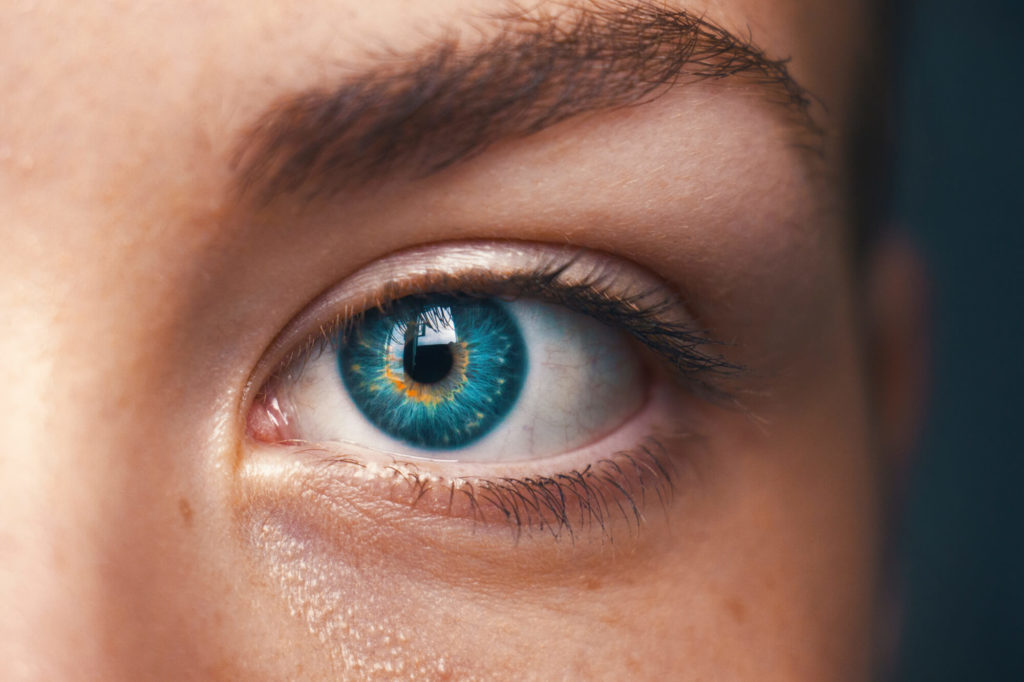Sunlight is the biggest source of blue light. But there are many other sources including:
- Tablet screens, smartphones and computer monitors
- Compact fluorescent light bulbs
- Fluorescent light
- LED televisions and lights
Recently, there is a growing concern over the adverse outcomes of excessive screen exposure. This is because of the close distance between your eyes and digital screens as well as the amount of time you spend looking at them. Findings from recent studies reveal that a child’s eyes get more affected from blue light than a grown-up.
A team of scientists at the University of Toledo are working to uncover the connection between blue light emitted from screens to macular degeneration, which is a leading cause of vision loss in America.
According to Ajith Karunarathne, an assistant professor at the University’s department of bio-chemistry and chemistry, blue light deteriorates your vision as it damages the retina. Macular degeneration occurs due to the death of photoreceptor cells in the retina.
The photoreceptor cells retain visual images and send them to the brain with the help of a molecule called retinol. The team’s experiments are aimed at studying this process. The scientists also hope to devise therapies or treatments that slow macular degeneration.
Age related macular degeneration takes place because of a gradual breakdown of cells in the retina. The process eventually leads to a growing blind spot that robs an individual of his or her eyesight.
The condition affects approximately half of all cases of visual impairment. Learning about the medical condition and identifying triggers can help us design new preventive measures.
But the damage is not restricted to just the photoreceptor cells. The scientists also performed tests on a few types of tissues (including cancer, neurons and heart cells). They concluded that they could all be affected the same way. It raises serious concerns over just how extensive this toxic effect could be.
Typically, we have an antidote to reverse this kind of cell damage. Patients can take a vitamin E derivative or alpha-tocopherol to combat the oxidative effects.
Unluckily, aging adults struggle to get this chemical into the cells where it is required the most. Researchers need more time and work to establish the connection between vitamin E and reduced risks of eye diseases.
But one thing is clear: The blue light that comes from our screens, computers and phones is harming the retina.
What to do?
Small changes go a long way to control the damage. Control the way you use your screen. Dim the cool hues on your monitor and avoid using your smart phone for extended periods.
Bottom Line
There is no catastrophic damage to your vision because of blue light. However, research findings clearly demonstrate that blue light is capable of destroying photoreceptor cells. Avoiding blue light is not in our hands. Don’t brighten your nights with LED technology, and pay attention to your body signals to know when you should take breaks from looking at sources of blue light. Blue light exposure also confuses our circadian rhythms and robs many of us of sleep.




